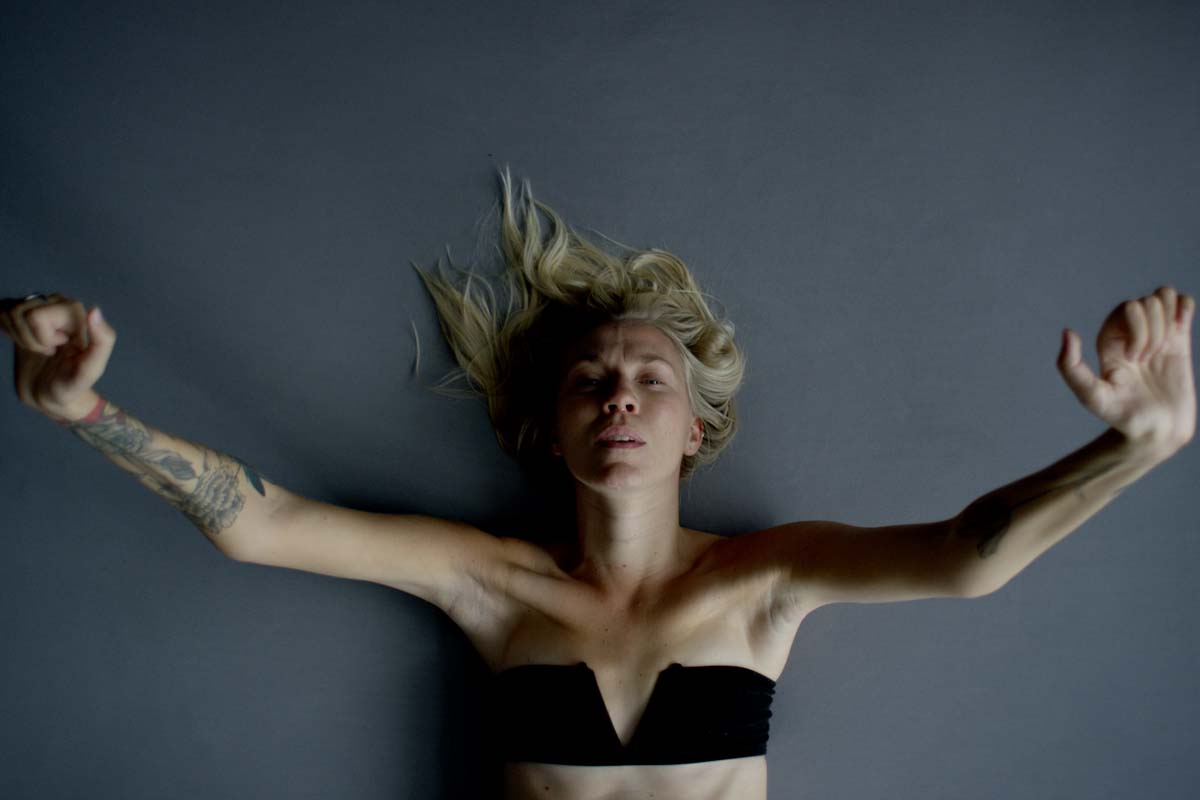
The Durham, North Carolina-based Full Frame Documentary Film Festival is noted for its homey atmosphere, easy access to filmmakers, and the kind of programming that, by and large, asks viewers to pay attention. The wise, pandemic-driven choice to go virtual for 2022 left attendees with only one of the three reasons to show up.
"The spirit of Full Frame is still felt by prioritizing the filmmakers and ensuring the online platform is as accessible as possible for audiences to engage with their films," says Artistic Director/Interim Festival Director Sadie Tillery. The stripped-down experience—just the films and canned Q&A—was austere, though.
Tillery seeks out films wherever they are on their festival rounds (most were not premieres, and a fair number came from Sundance) "that may be harder to see beyond the festival circuit, that may not have as much wide appeal and that may require different ways of seeing or engagement from viewers." Fortunately, there’s a large enough range of different ways of seeing and engagement for viewers of all kinds to find something to enjoy.
Authorial Achievements
What I’m always looking for at fests are well-crafted, authorial films that help me share and understand experiences beyond my ken—and if they can foster hope, even better.
One of the finds of the fest for me was Move Me, which premiered there. It’s part memoir, part cultural artifact, part awareness-raising, and all riveting. Kelsey Peterson became a quadriplegic at 27, after a diving accident. Five years later, she began making the film that, with co-director Daniel Klein, became an exploration of her new disabled self. She makes herself shockingly vulnerable. She lets viewers into the harsh daily realities of maintaining a paralyzed body, into her self-recrimination for having been reckless with her dancer’s body, into sometimes tense relationships with her loving, but sometimes exasperated, family.
But more than that, we follow her through an evolution from a person overwhelmed by disability to someone who comes to an acceptance of her disabled self as whole and enough. That evolution happens through a creative project she undertakes with a musician friend, also living with a disability. Together they create a dance performance that she choreographs and he composes music for. Second, it happens through her exploration of a clinical trial that might let her regain some feeling in the paralyzed parts of her body. She’s still on the fence about that, but with a changed attitude. "As much as regaining sexual, bowel, bladder, or hand function could improve my quality of life, I know I don’t need to be fixed," she tells me in a Zoom interview. "I can and do love myself just as I am, in this body."
"During this filmmaking process, I was—for the first time—able to identify fully as a disabled person," Peterson continues. "I wasn’t born with it. The filmmaking process itself was very healing for me, and brought me even more into the disability community." She is a member of FWD-DOC, an organization of filmmakers living with disabilities. "I learned how important it was to have creative control, and be the one telling my story in that way. Daniel learned how to show up for me and how we could together tell my story."
Klein and others involved with the film sometimes wondered if Peterson was going to regret her vulnerability. "But it was very important to me," she explains. "I didn’t want to hide parts of my disability life. In sessions with the editor, I’d be like, I want to tell more. I want to be more transparent about what it’s like to lose what I was before, and to be in this new body. I had to explain sometimes why it was important to share."
Like I Didn’t See You There, which took the Grand Jury Award, Move Me, which was funded by Independent Television Service (ITVS), is an important addition to the disability rights movement and the tradition of disabled filmmaking. Both will eventually show on PBS.
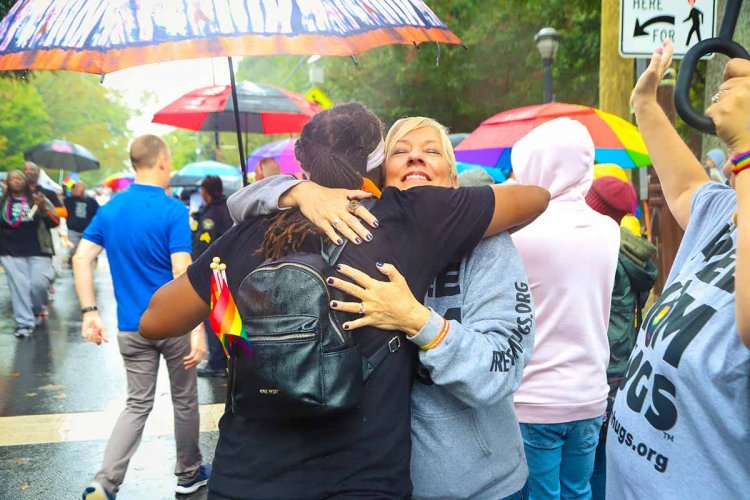
Another ITVS standout at the festival was Mama Bears, which follows three evangelical Christian moms who decide to support their LGBTQ+ children, in spite of their intensely held religious beliefs. Director Daresha Kyi was able to get brave, kind and thoughtful stories from the women about their soul-searching, their choices, and ultimately, in two of the cases, their public work organizing for their children’s rights. Mama Bears is a story that reveals the complexity and humanity within conservative, religious America.
I was also happy to use the fest to catch Unseen Skies, a Participant Media production picked up by Magnolia Pictures. Directed by Australian filmmaker Yaara Bou Melhem, it follows artist Trevor Paglen’s latest project. Paglen is a longtime, sharp critic of commercially and militarily structured digital culture. His project, to launch a satellite with no other purpose than to be a work of art, addresses intersections of surveillance, the all-too-human frailties of artificial intelligence, and the datafication of daily life. What I most loved about it was the way in which the director collaborated with Paglen to make the film, which is a Paglen-like critique in and of itself. She shows us landscapes as seen by drones, AI and trackers. And she also stuns us with the shocking beauty of the unsuspecting world that is being observed by power. This is a film I wished I could have seen in a theater. I want to make it a final exam for my students of digital culture.
Finally, I was surprised by how much I liked Paper City, made as a labor of love over years by Adrian Francis, who has long lived in Tokyo. He found the last survivors of the infamous American fire-bombing of Tokyo, who are lucid, precise and unrelenting in their demands for reparations from the Japanese government. The fire-bombing took at least as many lives as the nuclear bombs at Hiroshima and Nagasaki. It burned down a third of Tokyo, which was largely constructed of wood. The survivors argue that Japan entered and conducted this war, that soldiers received payments, and they want them too. It’s not the money, though; it’s the memory. They don’t want this tragedy forgotten. The storytelling is as polite, understated and unrelenting as its central participants. Once it finishes its festival run, the film could use a haircut to make it even more powerful.
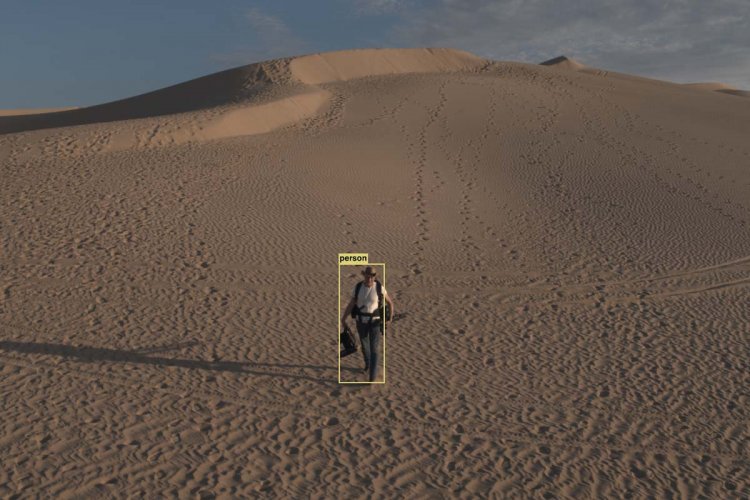
Archival Timeliness
Wizardry with archival material was on display at Full Frame, on topics all too relevant today. James Jones’ Chernobyl: The Lost Tapes, which was runner-up for the Grand Jury Award, is nearly as jaw-dropping as the HBO fictional series. (It seems like they had a lot of the same sources.) With news of the fecklessness of Russian military authorities toward their own soldiers, as well as civilians in Ukraine again in the news, this is a timely reminder of how today’s headlines repeat a pattern.
I feel I have found a gem in 1970, which has been a festival hit. Director Tomasz Wolski mined the archives for footage of a 1970 strike in two Polish shipyards, which spread far beyond them. Everyone was on edge because of high inflation and the government’s decision, right at Christmas, to raise food prices. The shipyard workers—in the same yards where the Solidarity movement would bloom a decade later—protested the economic squeeze, and students, young people and angry citizens thronged the streets to support them. A strike that was launched about food prices—indeed, the strikers’ signs explicitly said that this was an economic, not a political protest—became a harsh indictment of the regime. "Down with the rotting, ruling elite," went one chant. The government violently reacted, eventually deploying its air force, navy and army, including 27,000 troops. They killed 41 people, mostly teenagers, and injured more than a thousand.
It's not surprising that Wolski was able to find archival footage of the demonstrations, some of it filmed from the air, some of it at ground level. But the shocker in 1970 is his other find. Wolski was researching in archives for his 2020 film—An Ordinary Country—which recounts Communist Poland’s secret police surveillance, using an officer’s own footage. He came across phone recordings of the official team charged with putting down the 1970 uprising, over the entire eight days.
He chose to match the audio with stop-motion animation of puppets (yes, "puppets," i.e. minions of power), brooding in chairs, tapping fingers at desks, fiddling with phone cords, in overstuffed doll-house ministry offices. The claustrophobic, smoke-filled atmosphere fits their worried, then tense, then brutal exchanges. They are as concerned about public relations, it seems, as they are about suppressing the uprising. They even consider killing a foreign diplomat, who has photographs of the events.
The contrast between the public streets and the isolated world of the apparatchiks is vividly caught by the disturbing stop-motion animation. Indeed, Wolski takes it up a notch by distorting it, creating waviness and striping, so you’re simultaneously watching history in motion and reflecting on it. "This film should be a warning," Wolski said in the Q&A. "Politicians should watch this film every four years before elections, to know when to stop."
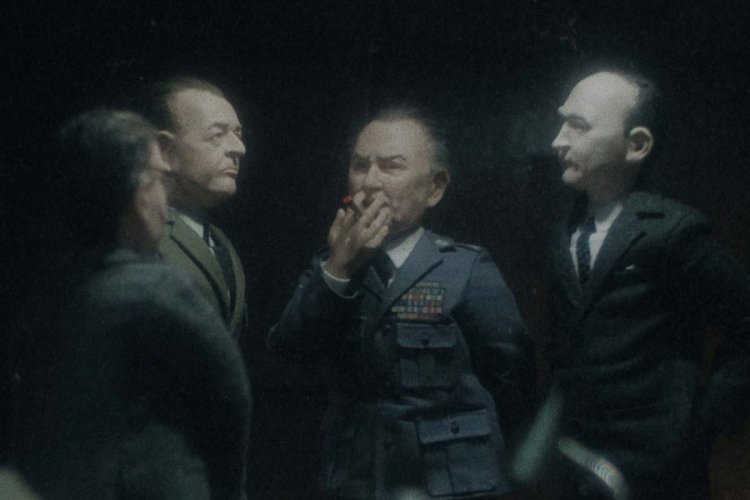
Extreme Cinéma Vérité
Long, uncut takes of daily life have an association with non-commerciality and integrity. Whether you experience them as art or unfinished business is up to you, I guess. Among the films that plunge you into someone else’s story in ways that leave you to puzzle out the point, I ended up liking first-time filmmaker Iliana Sosa’s portrait of her Mexican grandfather, What We Leave Behind, which won two jury prizes at SXSW. It’s about immigration, memory and what is lost across borders, and it’s haunting me. Also strangely captivating was Soldat Ahmet, Austrian Jannis Lenz’ portrait of a professional soldier who’s a Muslim, an actor and the loving owner of a pet turtle. It won the Charles E. Guggenheim Emerging Artist Award, for first-time filmmakers.
Shorts
One benefit of the virtual format is getting to drop in on individual shorts, rather than having to commit to a screening of a clutch of them. Full Frame had a roster of films that I was grateful for. Among them was Resita Cox’ half-hour Freedom Hill, which profiles a small North Carolina town on a floodplain, founded by first-generation freed African-Americans. It’s a stunning little story about environmental racism. There’s a remarkable scene where a white gubernatorial candidate just can’t seem to hear the Black residents’ arguments about the need for anti-racist government action. It’s, uh, illuminating. The film is the first completed work of the partnership between Hulu and Kartemquin films to advance diverse voices.
Brit Hensel’s What They’ve Been Taught, in nine minutes, produces a loving portrait of Cherokee daily life, infused by the concept of reciprocity. It’s narrated by a Cherokee elder, Thomas Belt. The film is part of a collection of seven films commissioned by the Indigenous rights organization Nia Tero on the theme of reciprocity. Hensel worked collaboratively with nine of her Cherokee friends to brainstorm the approach. "I went to Thomas Belt and asked him about reciprocity. He said, 'There’s no word for that; it’s all in the actions.' That’s why I wanted to show just Cherokees living life," she said in the Q&A.
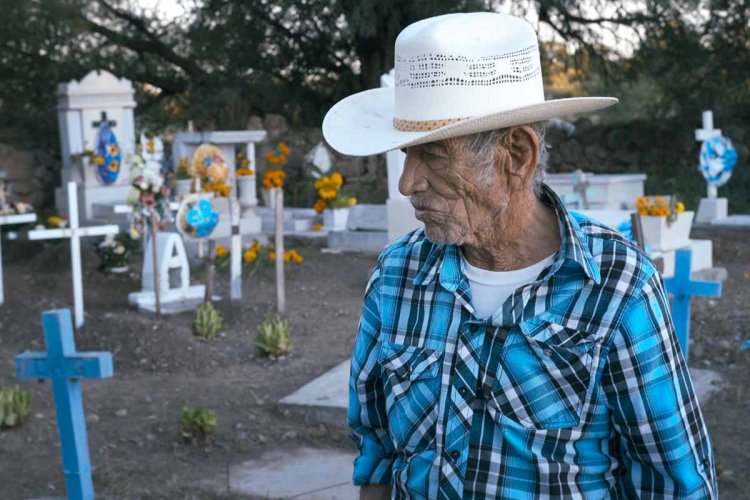
Handsome and Professional
A couple of films had that professional gloss the streamers expect. Paula Eiselt and Tonya Lewis Lee’s Aftershock, slotted for Hulu after its Sundance debut, is a well-crafted essay film on the horrifying sky-high maternity mortality rate for Black women in the US. The stories of several Black widowers and the unnecessary deaths of their wives foreground the film. Aftershock comes out of Davis Guggenheim’s Concordia Studio, and has a solid producer roster of folks experienced in double-bottom-line productions. Expect a well-designed impact campaign, and fingers crossed that it makes a difference. It won the Kathleen Bryan Edwards Award for Human Rights.
CNN’s Navalny, directed by Daniel Roher, arrives at a moment when Putin’s presidential challenger, now a political prisoner, has been boldly criticizing Putin’s internal war propaganda. The core of the film is a kind of thriller, the journalistic collective Bellingcat’s sleuthing out the actual men who attempted to murder Navalny with the Russian state nerve poison Novichok. The film addresses, among other things, Navalny’s support for far-right groups, which he claims are a small part of a broad anti-Putin coalition. It also openly confronts the journalistic challenge of making a profile of a man who generates his own news products (he has a YouTube channel) and intends to leverage this work for his own political ends.
Ethics
With ethics back in documentary discussion, it was interesting to see choices that filmmakers were willing to discuss. Several filmmakers (of Freedom Hill, The Panola Project and Mama Bears) were proud to say that they showed their works-in-progress to the participants in their films. In one case, a participant left the project partway through; the mother of a lesbian woman left, the filmmakers noted within the film itself, because of family pressure, although she still supported her daughter. D.L. Anderson and Matt Durning, the white filmmakers of Stay Prayed Up, about a Black gospel group and its star and leader, Mother Perry, gave the participants producer credit and creative control, as well as all potential profits from the film. They also hired an accountability team to check in with about their choices.
Patricia Aufderheide is a professor at American University in Washington, DC.




